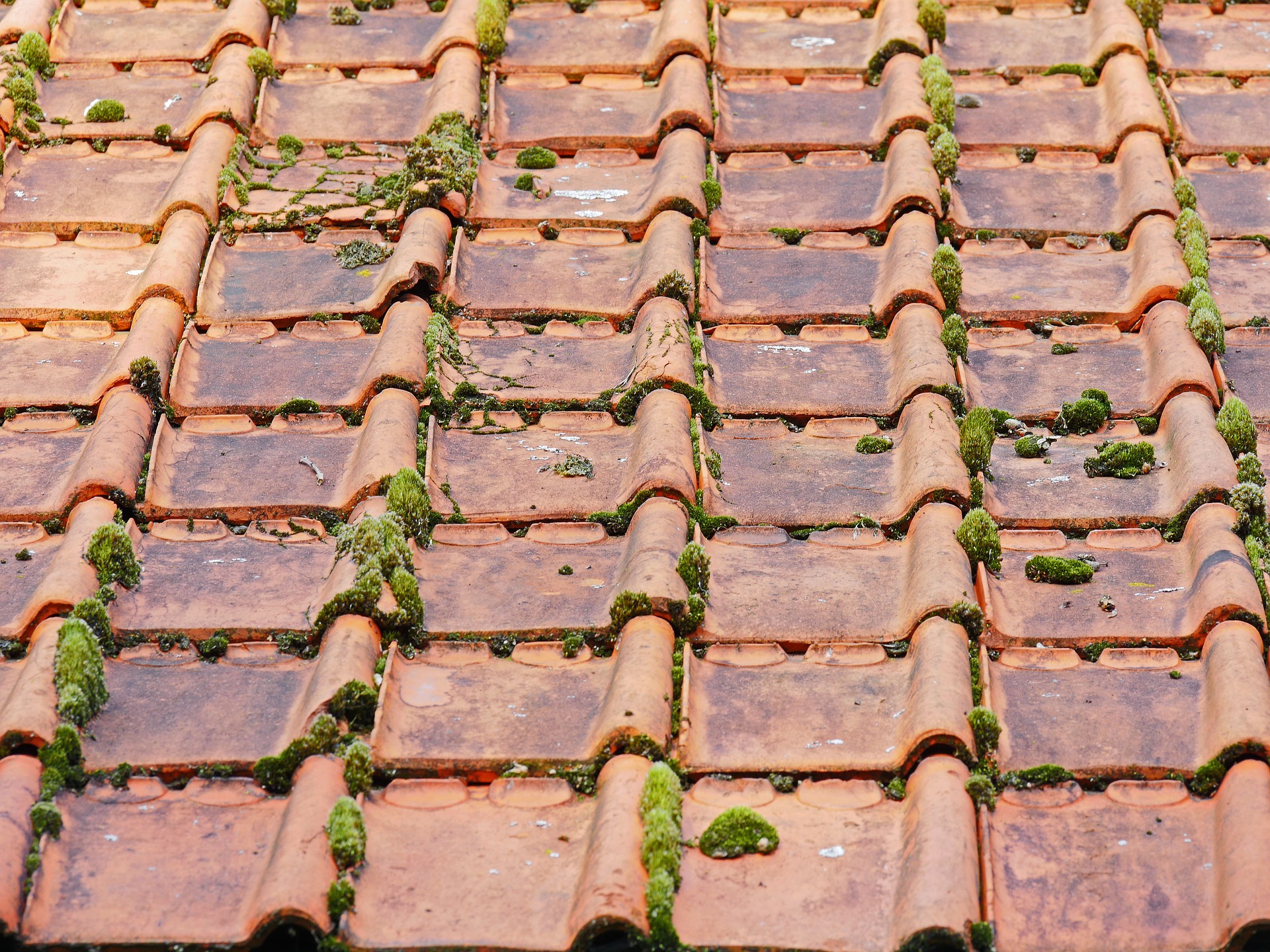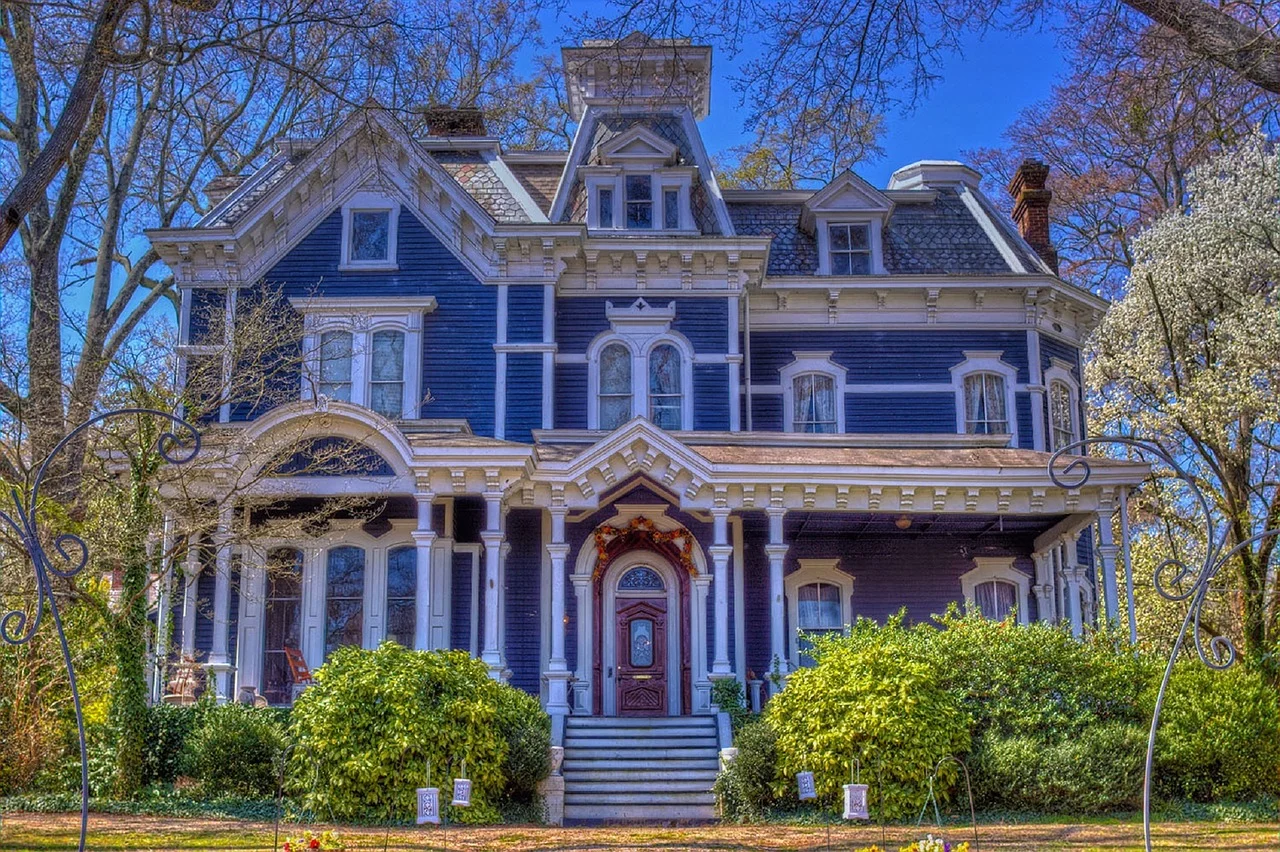Nashville insurance insight: insuring old homes vs. new homes
/
Funny thing happened with some insurance clients in Nashville recently: I stunned them with a home insurance quote that was less than half what they’d been paying.
Those clients came to me after selling their historic East Nashville home, and buying a new one in the area that cost almost twice as much. Their expectation, after years of homeownership but a relatively lax relationship with home insurance shopping, was to see their rate double too. Or at least shoot up significantly — certainly not drop.
I’d love to say I was working some kind of insurance-agent magic, but ultimately, what their savings boiled down to had little to do with the sales price of their home or my miraculous insurance touch, more to do with its age.
The headline, here: Insuring a new home is usually a lot less expensive than insuring an old one.
Having only owned old homes, my clients weren’t aware, and got stuck on the price of the property. Understandable, but inaccurate — and I was glad to introduce them to that fact by helping to cut their monthly bills down considerably.
How the age of your home affects your home insurance rates
The way insurance rates are calculated can sometimes seem a bit mystical, and I get how conventional logic would make it seem that insuring a $400K Nashville home would cost more than insuring a $180K cottage. The way it breaks down is a little more complicated.
At the top of the insurance company hierarchy of decision-making is risk: how likely you are to make a claim. After that, we’re throwing in a bunch of other factors — what the total replacement cost of your home would be, what it’s built out of, your credit score, neighborhood stats, even things like how close you are to a fire station.
Taking the hierarchical factor into consideration, it feels a bit more obvious: When you have a home that’s flush with newness (including all of the expensive systems, like a new roof, new HVAC, plumbing/electrical etc.), the likelihood of a failure diminishes, and along with it, your “risk” drops. Thus, so does your home insurance rate.
Factors that complicate insuring older homes
As with all things insurance, nothing is 100 percent the same across the board — your completely renovated historic Belmont bungalow might be pretty reasonable to insure, given its replaced systems and modern-code upgrades. Your breathtakingly beautiful East Nashville Victorian, meanwhile, with its gingerbread porch detail and plaster interior walls, might bring a few extra dollar signs.
Ultimately, features and condition are going to feed into what might be a more pricey rate.
A few things many insurance companies consider when calculating rates for older homes:
— whether systems have been brought up to modern standards (galvanized pipes or knob-and-tube wiring in the walls point to potential problems and dangers, and insurance companies note that)
— how old your roof is, and whether your roofing is easily damaged or expensive to replace (clay tile is beautiful, but most insurance companies worry about it)
— whether you have unique and ornate architectural details (it can be hard and expensive to find proper replacements)
If you have a really unique historic home with a slew of period details, you’ll likely want a home-insurance policy specifically geared to cover homes like yours, and that’ll probably involve an army of appraisers and restoration experts and a higher cost than your average policy. (That said, anyone who buys a circa-1900 charmer likely doesn’t need to be convinced of the value in properly protecting that investment.)
Older homes can be harder to insure, too
Beyond the discussion of price, with much older homes, you may end up having a harder time securing insurance, period. I’ve seen stats that say your insurer options dwindle by as much as 80 percent with a home over 50 years old.
If you own (or are considering purchasing) a historic fixer-upper that has some quirks, outdated systems and deferred maintenance, insurers may require repairs and upgrades before they’ll approve a policy. Or they may balk altogether. Again, it boils down to risk.
This doesn’t mean that you can’t find insurance for a historic home in need of work — you just may need to move outside the realm of conventional home insurance, and into something more specialized. (If your electrical and plumbing are updated, you should be fine with getting a conventional policy.)
Questions/concerns about finding the right home insurance for your old (or new) Nashville home? I’d be happy to walk you through it. Give Tucker Coverage a call (or send an email).
If you prefer working digitally, you can grab an easy online home insurance quote from us here, too.
Hope this is helpful. Any other insurance-related topics you’d like to see me tackle on our blog? I’m listening.




